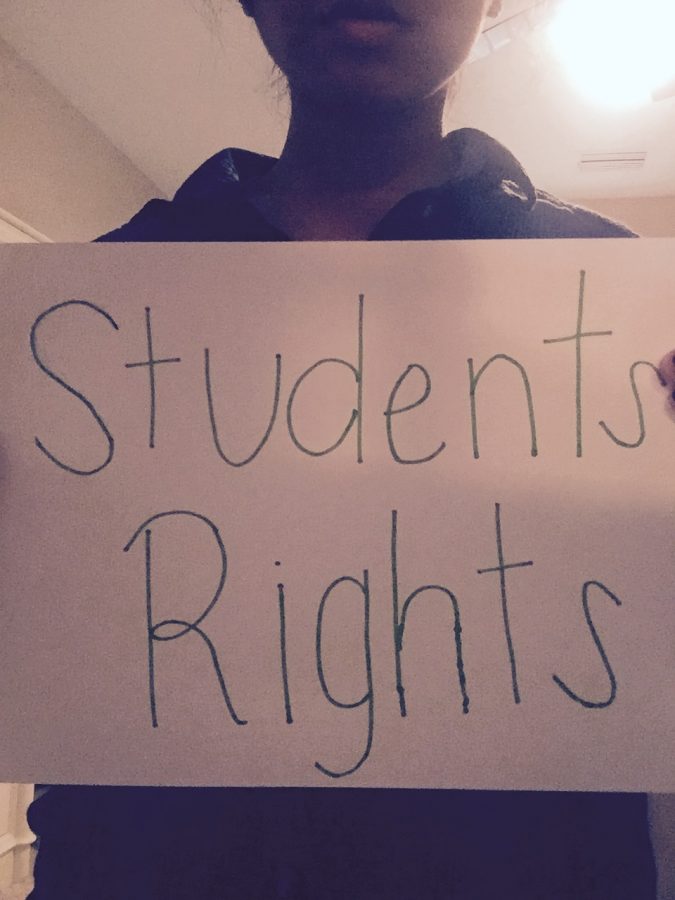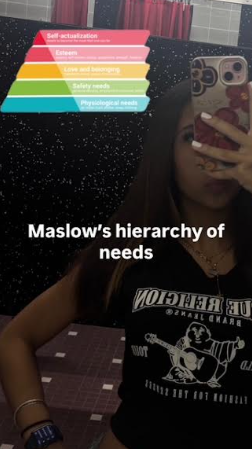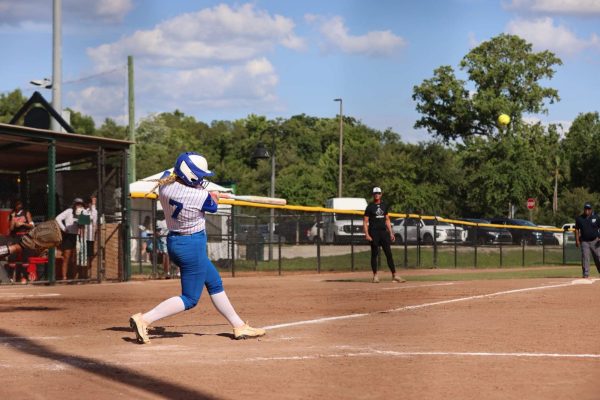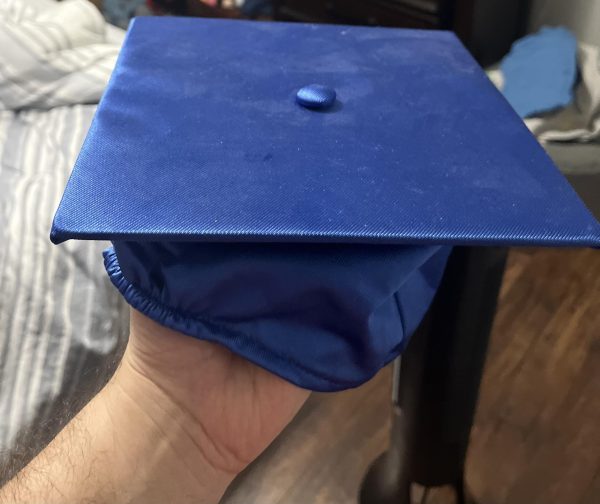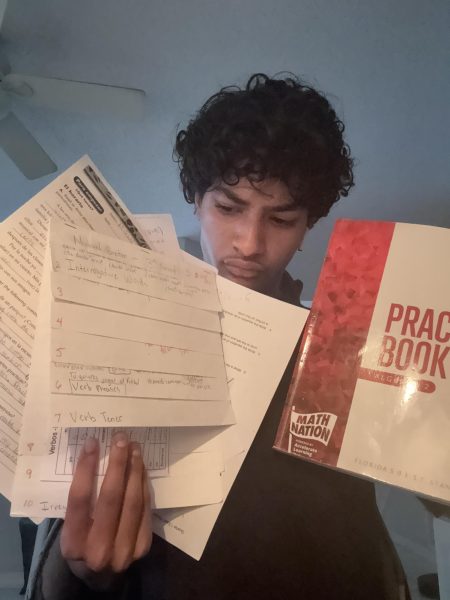Turned Into a Cow at School-Students Denied Rights
December 15, 2016
You know what cows are? Indistinctive, farm animals that are doomed to be corralled by whatever figure asserts power over them. Their end is probably set to become a large, double-cheeseburger at McDonald’s. Although the human race may view themselves superior to cows in every way possible, students actually share some very obvious similarities. One being the fact students are treated like cattle at school; always being forced in masses to follow procedures and obey rules. Another similarity is that cows definitely don’t have rights, and shockingly, neither do students. So we might as well be hamburgers.
While on a public school campus, student’s fourth amendment right gets swept away. In short, the fourth amendment states probable cause is needed to be found in order for someone’s effects (personal property) to be searched. However, when a student is on school grounds, all that stands between them and an invasive search is reasonable suspicion. Reasonable suspicion is an unclear and bias idea that is supposed to “help” keep students safe. In reality, reasonable suspicion is just a good excuse for a student to be searched without proof.
Sophomore, Madie Petitpas says: “I think it is unfair for our rights to be limited because every student deserves the same rights in school as they do out of school.”
Not only is student’s fourth amendment right stripped away, but so is their first amendment right. In an educational setting, the Supreme Court has ruled freedom of speech to be subordinate to achieving legitimate educational goals. (National Coalition Against Censorship). This idea can be seen in the decisions of Hazelwood School District v. Kuhlmeier and Bethel School District v. Fraser. Depending on the situation, this can be interpreted in many different ways. Yes, schools are tasked with balancing meeting educational requirements, maintaining a safe environment, and providing learning environments for everyone, therefore it is understandable that everyone can’t say what they want to when they want to. But is it a good thing to allow for such a loose concept that has the weight to limit an individual’s constitutional right?
On the otherhand, Junior, Campbell Jones has a different opinion. She says : “Our rights are limited because we are still in the process of learning how to use them and the effects they have on others. Safety and learning is key at school; similar to the military, some rights are partially given up to ensure a cohesive environment.”
Whether you agree with Campbell or Madie, it is a good idea to know your rights. Rights can be modified or suspended depending on the situation. We may not be able to stop our transformation into a farm animal, but at least we can be aware of what’s happening and ready to handle any muddy situation that comes your way.



